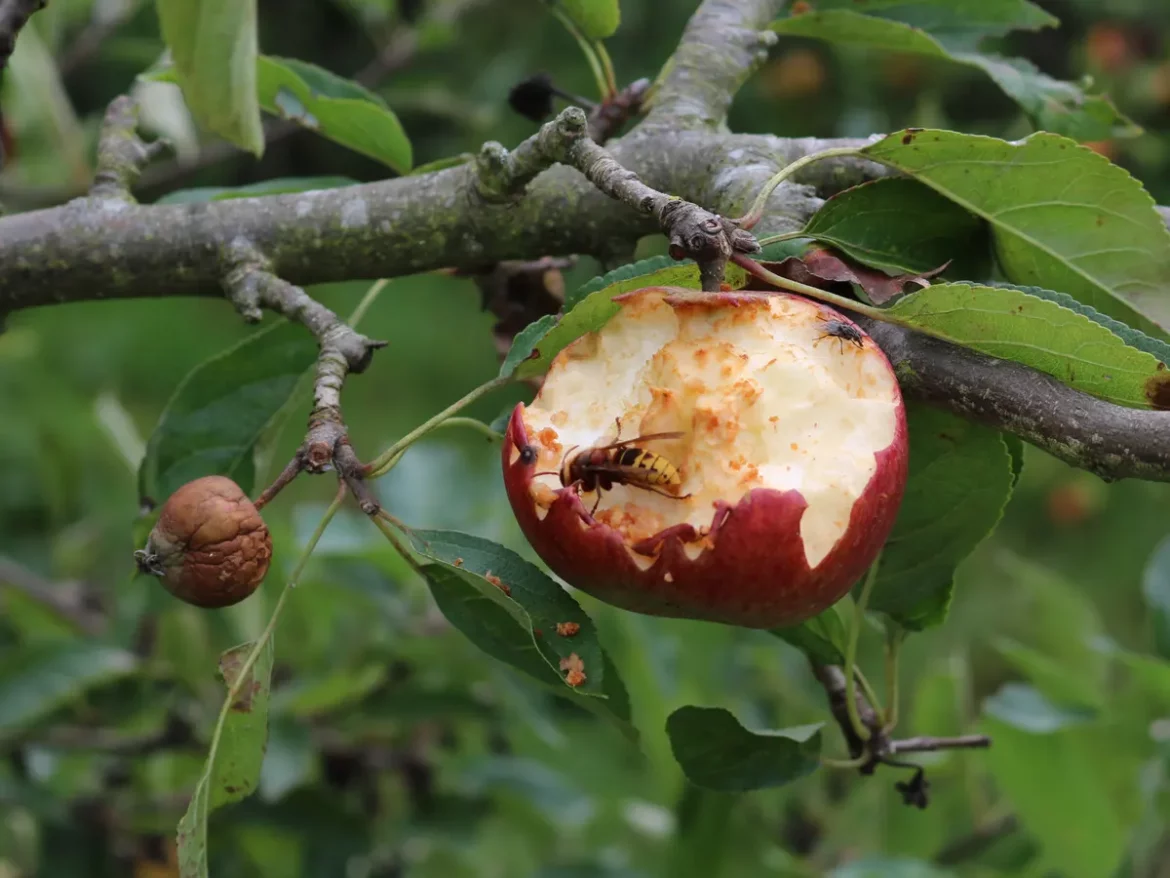Latest reports suggest that the UK fruit and vegetable production has dropped as farms have been hit by extreme weather.
The country suffered the wettest 18 months since records began across the 2023-24 growing year, leaving soil waterlogged and some farms totally underwater. The impact on harvests has been disastrous. Data from the Department for Environment, Food and Rural Affairs shows that year-on-year vegetable yields decreased by 4.9% to 2.2m tonnes in 2023, and the production volumes of fruit decreased by 12% to 585,000 tonnes.
Scientists say that climate breakdown caused by the burning of fossil fuels is likely to bring more extreme weather to the UK, including more frequent floods and droughts.
Farmers said they were not able to plant due to the wet weather, and this is borne out in the statistics. The growing area of vegetables was down, falling by 6.5% to 101,000 hectares. A dry early summer in 2023 also did not help, as those who could not irrigate found it hard to plant.
Wet weather in the autumn and winter meant that the planted area of brassicas decreased by 3.1% to 23,000 hectares, leading to a 0.4% fall in broccoli yields and a 9.2% year-on-year fall in cauliflower volumes. Onions fared similarly, with volumes down by 13% and a fall in production area of 3.6%. So did carrots; their yields fell by 7.2%.
Read also: FG says increasing flooding may worsen Cholera outbreak, lists worse hit states
Farmers said the next government needed a proper plan for food security as the UK’s climate becomes less predictable, with more extreme weather hitting farms.
Guy Singh-Watson, the founder of Riverford fruit and vegetable boxes, said the data was a “wake-up call, showing the dire state of British horticulture”.
He said the next government must plan to safeguard food security. “We urgently need a long-term and legally defined plan from government – not just on the environment, but to tackle the exploitative practices of supermarkets and their suppliers.” he said. “It’s high time we reinstated honesty and decency in our supply chains.”
The chair of the National Farmers’ Union horticulture and potatoes board, Martin Emmett, said: “These stark statistics are sadly not a surprise. Recent shortages of some of the nation’s favourite fruit and vegetables shows we cannot afford to let our production decline and that we must value our food security.
Story was adapted from the Guardian.
